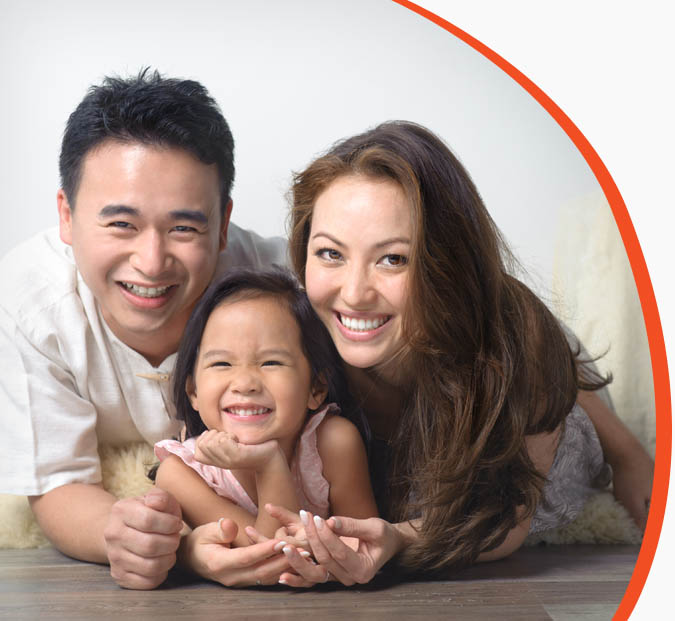Who Is a Good OrthoKeratology Candidate
Experience the Freedom and Joy of Life Without Surgery, Contacts Lenses, or Glasses

Who Is A Good
Orthokeratology Candidate
Orthokeratology Candidate
Many factors make a patient a good orthokeratology candidate. Here is a list of some of the most common characteristics. The best way; however, to see if you or a loved one may be a candidate for orthokeratology is to schedule a free screening. At the free orthokeratology screening, we will look at your current prescription, talk to you about your goals and expectations, evaluate your eyes and discuss how the process works. We will, of course, make sure all of your questions are answered. You may also be able to try on one of the corneal molds.
You can schedule your free orthokeratology screening online today or call our office at 817.416.0333.
- The nearsighted – orthokeratology is available to over 85% of all myopic prescriptions.
- Low to moderate astigmatism – over 80% of astigmatic prescriptions qualify for orthokeratology.
- Children – over 60% of our patients are under the age of 18.
- Adults of all ages
- Children that have experienced a sharp increase in nearsightedness can benefit from the significant, clinically proven myopia prevention aspect of orthokeratology.
- Children with a family history of high or progressive myopia – high myopia puts all patients at a greater lifetime risk of developing conditions such as retinal detachment and glaucoma. Orthokeratology has been shown to reduce the rate of myopic progression in children. Studies show orthokeratology is effective in preventing the progression of myopia in children.
- Patients afraid to have elective surgery on their eyes – orthokeratology allows patients to keep future surgical options open, benefit from current technology, and still take advantage of future refractive surgery developments.
- Athletes – especially those that can’t wear glasses or contact lenses during their athletic activities.
- Patients disqualified from refractive surgery – orthokeratology is reversible making it a safe, reliable alternative to refractive surgery.
- People with a fear of surgery




